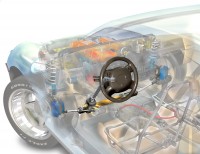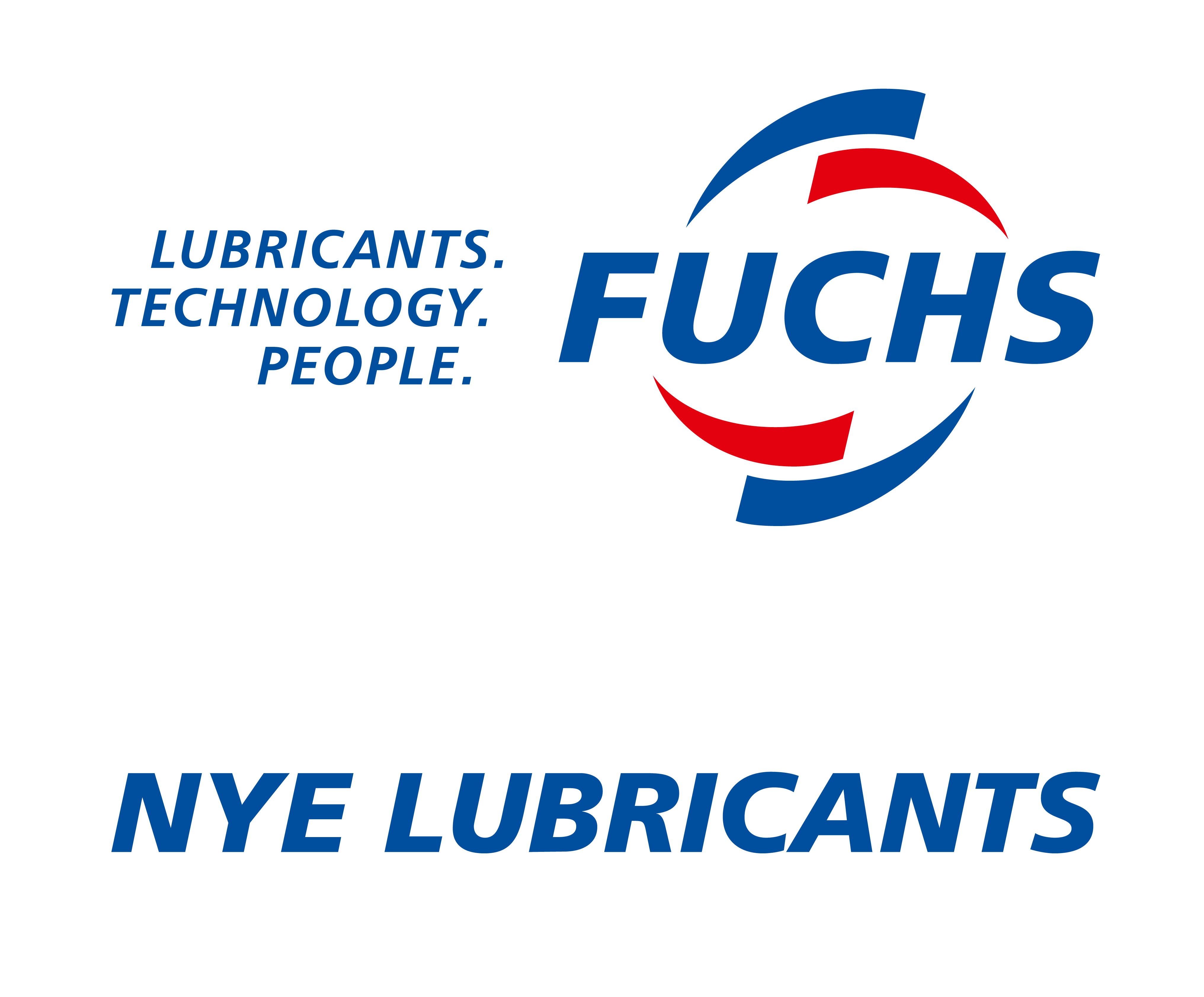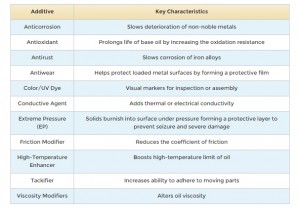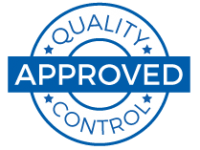Nye Lubeletter - September 2015
 Improving Performance in Specialty Grease
Improving Performance in Specialty Grease
At Nye, our formulation experts pay close attention to making sure Nye greases are appropriately addivated to ensure your application is experiencing optimum performance.
Additive technology is a complicated business because it involves several different chemistries. Often times, one additive can adversely interact with another additive as they both compete for the same area on substrate surfaces.
 Quality Content Updated on Website
Quality Content Updated on Website
The Nye website is now featuring an updated quality section. The eight tab section takes you through a timeline of our quality process. This timeline demonstrates how our quality management system meets both your order specifications and our own standards. The section details our certifications and policies, supplier audits, incoming inspections, process qualification, product qualification, packaging inspections, documentation and preventative maintenance.
Throughout our quality process, our applications and regional engineering managers work closely with you to test and formulate a lubricant that helps improve performance of your application. We conduct 100% inspection of all products to a MIL Spec Acceptable Quality Level and we ensure that our facility is in satisfactory and operating condition at all times. Our objective with this section is to give you all the fact-based, metrics-driven information you need to make informed decisions about our lubricants.
 Why Should You Choose Ultrafiltration?
Why Should You Choose Ultrafiltration?
For over 35 years, Nye Lubricants has been involved in developing innovative procedures, test methods and equipment to provide ultraclean lubricants to the Aerospace, Semiconductor, and Photonic Industries. The primary task of this filtration process is to remove unwanted substance or contamination from the grease or oil. The contamination level of grease is described by the number of particles within a range, in which the particle sizes are counted under a microscope and are determined by the largest dimension in micrometers. So why should you choose this process for your lubricant? Stringent demands for quality, reliability, and long operating life have made ultrafiltration a requirement for many types of applications. Most typically, applications where particulate matter can jeopardize the operation of miniature and high speed devices call for ultra-filtered greases.
 Experimental Grease Solves Automobile Industry Problem
Experimental Grease Solves Automobile Industry Problem
 Nye Fluorocarbon Gel 875L-MS was developed in response to the unacceptable vibration of an intermediate steering shaft assembly during final road testing of completed vehicles coming off the assembly line. A severe vibration traveled through the shaft to the steering wheel and driver. One of the largest automobile manufacturers in the US quarantined the vehicles coming off the assembly line because they were exhibiting the steering vibration. The steering component was designed to function without lubrication and was installed on a new automobile platform that was, at the time, just being introduced to the market place. The automobile manufacturer would not release the vehicles until a solution from the steering manufacturer was proposed. This is where Nye came into play. We were contacted by the steering manufacturer and asked to formulate a grease that would provide a solution to the vibration issue.
Nye Fluorocarbon Gel 875L-MS was developed in response to the unacceptable vibration of an intermediate steering shaft assembly during final road testing of completed vehicles coming off the assembly line. A severe vibration traveled through the shaft to the steering wheel and driver. One of the largest automobile manufacturers in the US quarantined the vehicles coming off the assembly line because they were exhibiting the steering vibration. The steering component was designed to function without lubrication and was installed on a new automobile platform that was, at the time, just being introduced to the market place. The automobile manufacturer would not release the vehicles until a solution from the steering manufacturer was proposed. This is where Nye came into play. We were contacted by the steering manufacturer and asked to formulate a grease that would provide a solution to the vibration issue.



